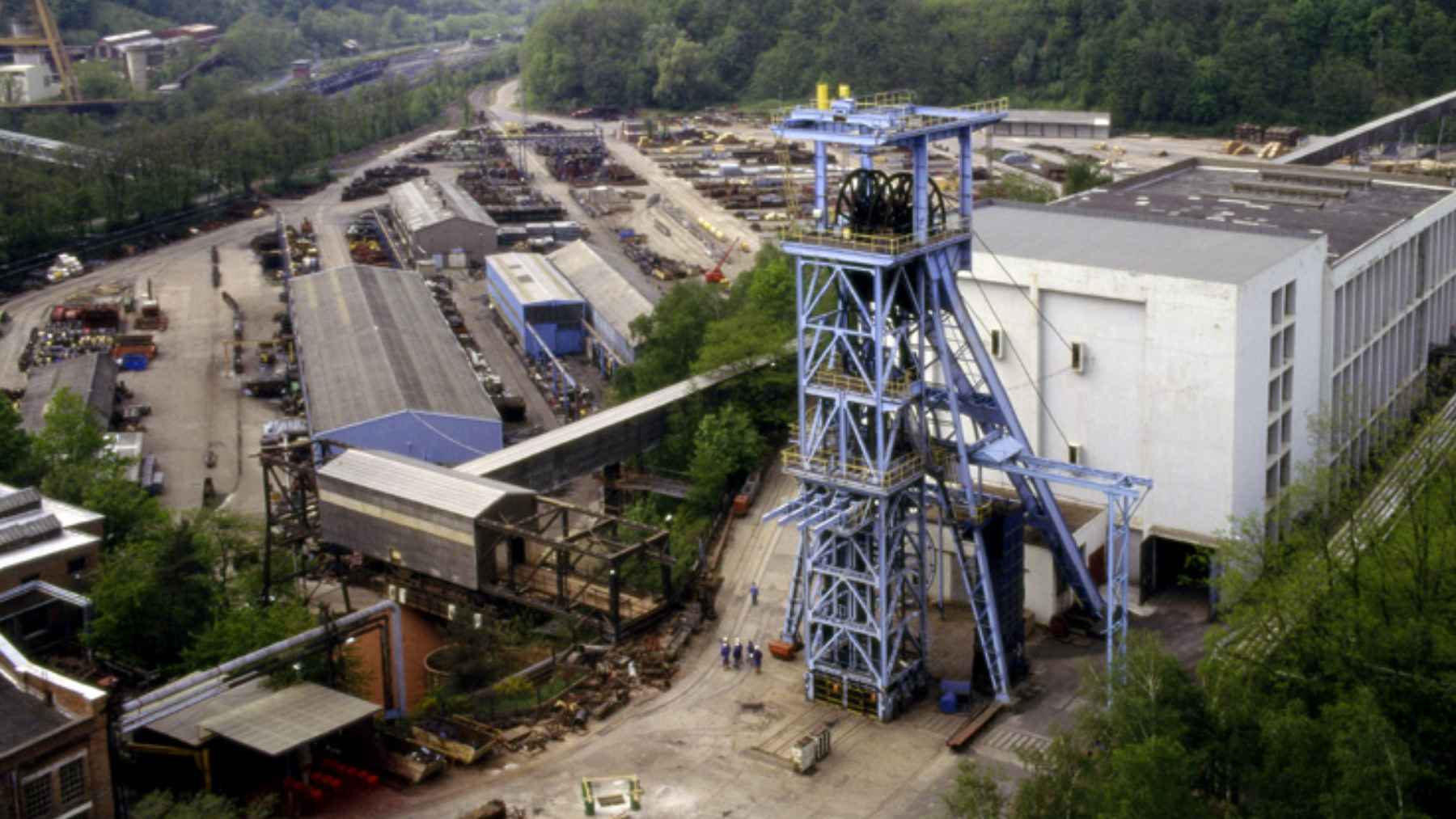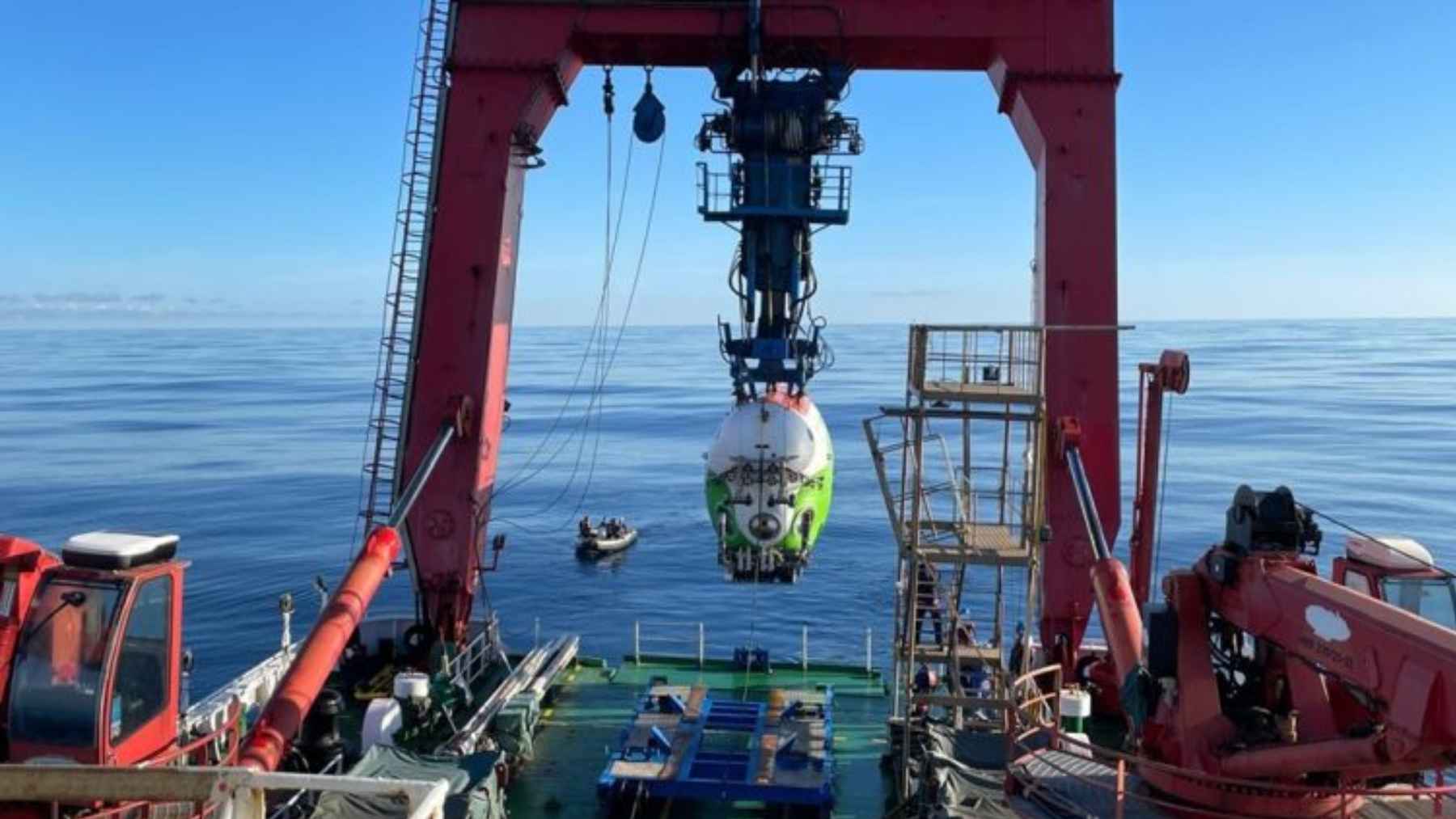Global warming is a challenge facing all of humanity, although some are having more success than others. What if we told you that we have just met a massive failure involving the entire planet? We have invested $7 trillion in doing this for the planet, but it turns out that we have only accelerated climate change, with very serious effects.
The UN takes the world to task: we´ve invested $7trillion to do this with the planet
The world spent an estimated $7 trillion subsidizing the production and consumption of fossil fuels in 2022, according to a recent report by the International Monetary Fund (IMF). This represents the highest amount ever spent propping up the fossil fuel industry, more than double the amount spent just 5 years ago.
Most of these subsidies take the form of below-market prices, tax breaks, and other incentives provided to fossil fuel producers and consumers by governments around the world. These policies encourage more fossil fuel extraction and consumption, exacerbating global warming and undermining global efforts.
The subsidies artificially lower prices for fossil fuels, distorting energy markets in a way that favors carbon-intensive energy sources over renewable alternatives. Worst of all, this figure continues to grow with each Climate Summit (pending final data for 2023, which have not been checked or reviewed by the wall).
A trend that is costing us trillions and accelerating global warming
Global fossil fuel subsidies have reached record levels, totaling an estimated $7 trillion in 2022 according to the International Monetary Fund. This represents a stark contradiction to the efforts being made worldwide to transition away from fossil fuels and mitigate global warming.
Providing subsidies for the production and consumption of oil, gas, and coal encourages more extraction and use of these carbon-intensive energy sources. However, the world urgently needs to reduce greenhouse gas emissions, with the IPCC calling for a 43% drop from 2019 levels by 2030.
Subsidizing fossil fuels promotes business-as-usual reliance on them, when deep cuts are required. The continued growth in subsidies works against international goals to limit global warming to 1.5°C under the Paris Agreement. Phasing out fossil fuels is a key pillar of climate action plans globally.
Yet subsidies help make fossil fuels cheaper and more competitive compared to renewable energy sources like solar and wind. This slows the energy transition while locking in additional emissions, and don´t forget that some countries and regional groups (such as the European Union) want to recover nuclear energy.
The situation can became even worse: it is also affecting out health
Despite over $7 trillion in subsidies to the fossil fuel industry, these energy sources impose steep costs on human health and the environment that are not accounted for. According to estimates by the International Monetary Fund (IMF), fossil fuel subsidies impose global costs of over $4 trillion annually.
The burning of coal, oil, and gas is a major contributor to air pollution and causes millions of premature deaths each year. The particulates, smog, and other toxins released can lead to respiratory disease, cardiovascular disease, cancer, and other ailments, like pandemics (do you know what we are talking about).
Beyond the human impacts, the extraction, transportation, and consumption of fossil fuels also damages ecosystems, reduces biodiversity, and exacerbates global warming through greenhouse gas emissions. Tallying up the environmental degradation and health burdens makes clear that subsidizing fossil fuels has high costs.
That we have spent $7 trillion on degrading our ecosystems, funding polluting power plants and bringing back the dreaded nuclear power is serious. However, it is even more serious that we still have not found a solution to this circumstance. Then we will be surprised that global warming is getting worse, and that the forecasts are getting harsher.












